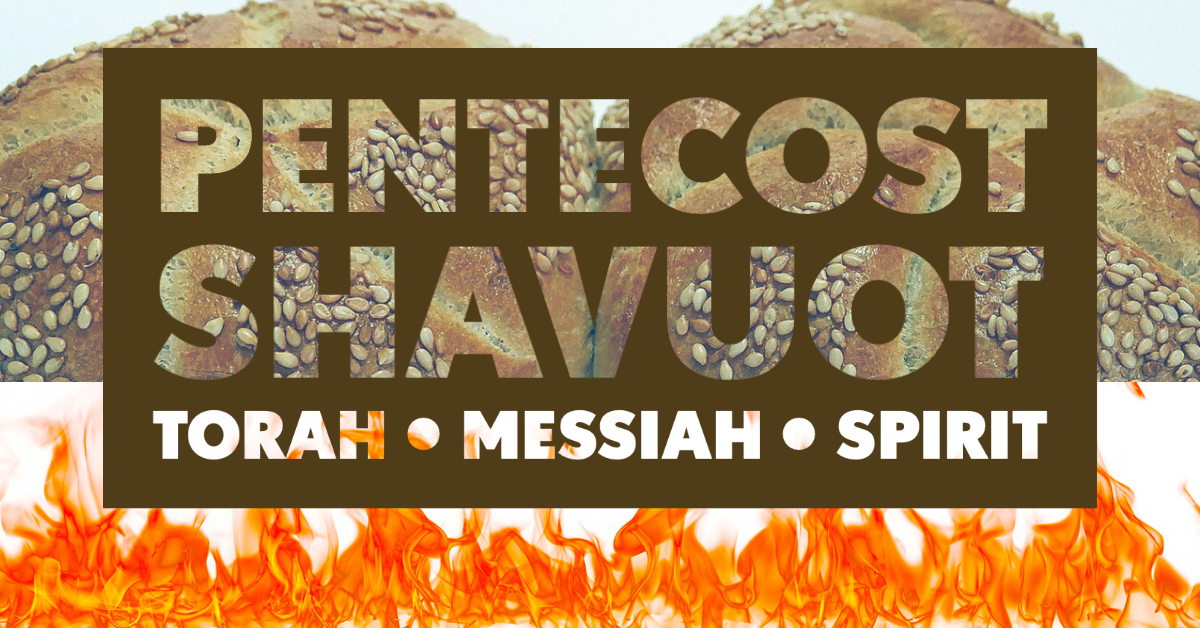This week’s double Torah reading, Chukat-Balak (Numbers 19:1-25:9), contains key prophecies about the Messiah: life-giving water from “the rock,” the death of an exceptional offering would give life, a mighty King would arise from Israel. That’s why the red heifer, “living water” and Balaam are brought up repeatedly in the New Testament to teach us more about Yeshua (Jesus).


